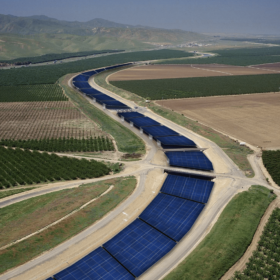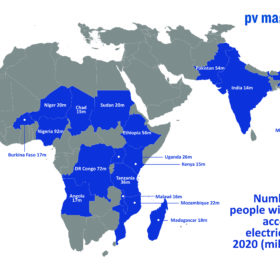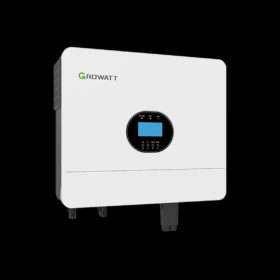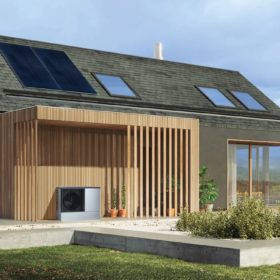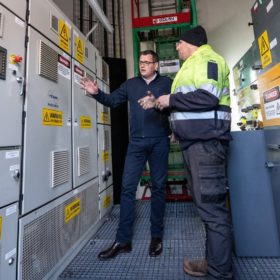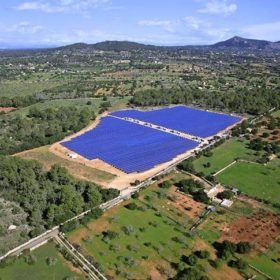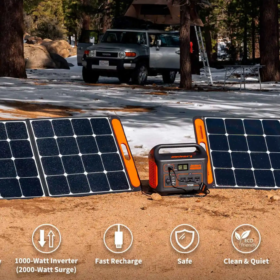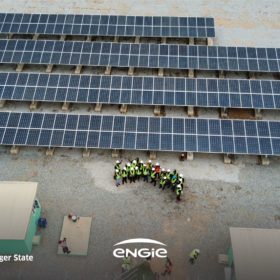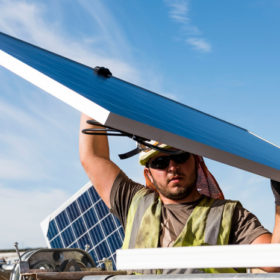2022 review in trends: Applications (Part II)
The first part of this review covered solar-wind hybrid projects, offshore floating PV, and islandable microgrids. The second part covers trends in projects and applications.
COP27 failed the most climate-vulnerable
While the climate summit held at Sharm El Sheikh last month prompted pledges of raised funding for solar lanterns and single-panel systems, the money allocated to date is woefully short of what has been estimated would be required to provide universal access to electricity this decade. Drew Corbyn of Netherlands-based global off-grid solar body GOGLA, outlines three urgent courses of action to accelerate access to electricity.
Growatt unveils new inverters for residential off-grid PV systems
Growatt’s new 6 kW inverters have an efficiency rating of 93% and offer 12,000 VA of surge power, up to 500 V of input voltage, and 8 kW of PV input capacity.
Ireland mulling mandatory renewables quota for heat sector by 2024
The Irish government wants to introduce an unspecified renewable energy quota for the heating sector by 2024. The Sustainable Energy Authority of Ireland (SEAI) recently predicted that heat pumps could cover 20% of the country’s heating demand in 2030.
Neighborhood battery plan to maximize solar benefits in Australia
The government of the Australian state of Victoria has unveiled an ambitious plan to install 100 battery energy storage systems by the end of 2026, as part of a broader strategy to support the rollout of more rooftop solar.
Off-grid solar for Himalayan food chains
Decentralized solar devices such as PV-powered portable irrigation pumps are technically viable solutions to meet the energy needs of food value chains across the high-altitude Hindu Kush Himalaya region, according to a new report by the International Renewable Energy Agency (IRENA).
Spain allocates 31 MW of solar in latest renewables auction
The auction was set to contract 140 MW of distributed solar power, as part of a 520 MW tender open to thermal solar power projects for the first time. In total, 177 MW have been awarded, none of which went to thermal, 31 MW to photovoltaic, and the remainder to biomass.
New off-grid solar generator
US manufacturer Jackery has unveiled Solar Generator 1000 power kits, which are designed for off-grid operations and emergency backup power.
Engie, CBEA to build $60 million of minigrid projects in Nigeria
CrossBoundary EnergyAccess Nigeria has committed to invest $60 million in minigrid projects developed by Engie, in the largest such transaction in Africa. The projects will connect more than 150,000 people to electricity for the first time.
Solar PV employed around 3.4 million people in 2021
Almost half of the workers were employed in China, around 280,000 in North America, over 260,000 in Europe, and some 50,000 in Africa, according to a new report by the International Energy Agency (IEA). The vast majority of workers were employed in manufacturing and installation of new capacity, with solar jobs paying lower wage premiums than the nuclear, oil, and gas industries.
